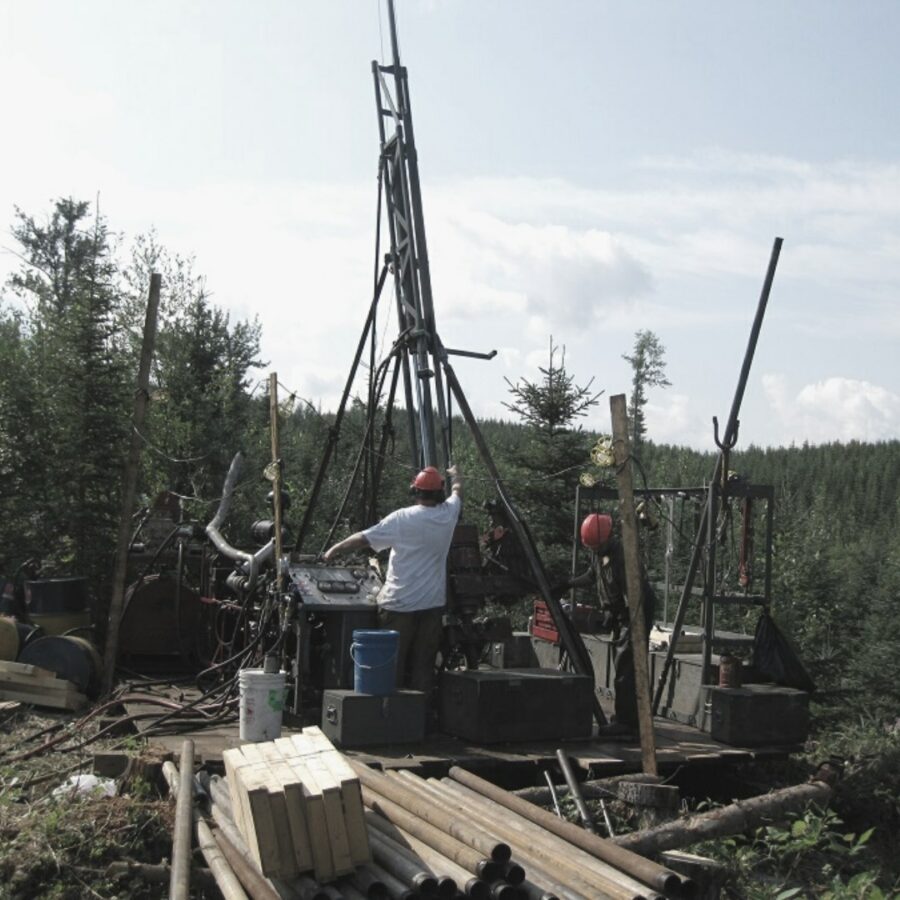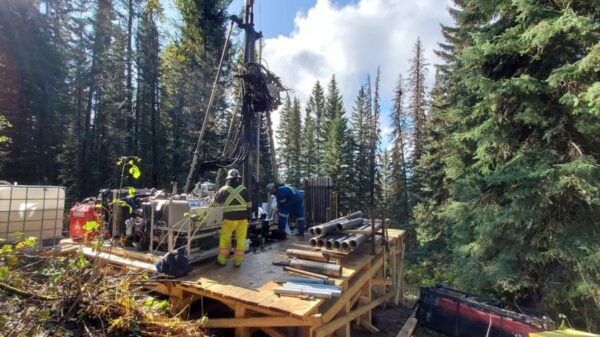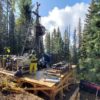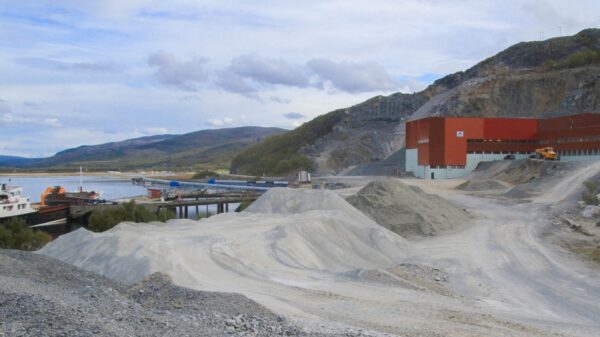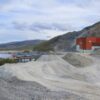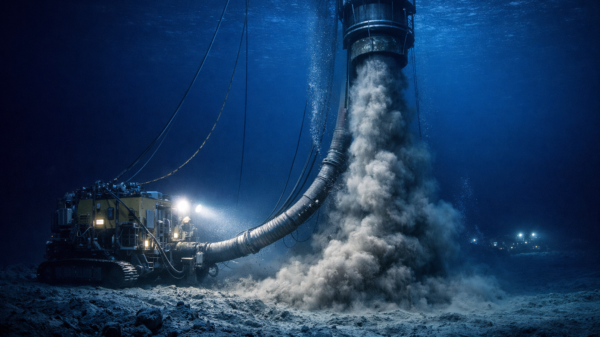Defense Metals (TSXV: DEFN) (OTCQB: DFMTF) announced the completion of Phase I of its hydrometallurgical pilot plant at SGS Lakefield on Wednesday, representing a step towards the company’s goal of extracting rare earth metals in an environmentally sustainable and cost-effective manner.
In Phase I of the pilot plant, the primary goal was to test the flowsheet’s operability and detect any necessary modifications before conducting a more extended test campaign.
“This first fully integrated pilot plant demonstration of the proposed Wicheeda hydrometallurgical process delivered exactly what was required of it,” said John Goode, consulting metallurgist to Defense Metals.
“We have confirmed the general workability of the process, optimized certain design parameters, and identified areas that will be improved ahead of the Phase II pilot plant.”
The plant operated non-stop for 24 hours a day, for a total of 110 hours. The process was managed by ten technicians and metallurgists from SGS on two shifts, each led by senior day-shift staff. During the five days of uptime, the parameters for the different unit operations were slightly adjusted to optimize the process ahead of the Phase II pilot plant run. This run is set to take place in late April 2023.
Read more: Defense Metals new hydrometallurgical plant aims for rare earth metal production at scale
Read more: Defense Metals recent rare earth element assays return high grade mineralization
Defense Metals pilot plant operated 24 hours a day for 110 hours
The pilot plant was fully integrated and consisted of several stages, including sulphuric acid baking, water leaching, three impurity removal stages, rare earth precipitation, magnesia regeneration, recycling, and process water recycling.
Sulphuric acid baking, also known as sulfation roasting, is a process used in metallurgy to convert metal sulfide ores into metal oxides. Also, magnesia regeneration is the process of restoring a used magnesia-based material used in chemical reactions by heating it with steam and air or oxygen. This helps to make it active again, and any leftover impurities are burned away.
The evaluation of the assays is ongoing and no final results have been released yet. However, preliminary data shows that the extraction of praseodymium (Pr) and neodymium (Nd) from the acid bake calcine exceeded 90 per cent. The impurity removal circuits demonstrated excellent efficiency, and the process of reagent regeneration and water recirculation were effective. Some minor adjustments to the circuit will be made before Phase II, and an alternative product precipitant will be introduced.
Shares of Defense Metals rose 3.2 per cent to close at $.32 on the TSX Venture Exchange.
.
Follow Joseph Morton on Twitter
joseph@mugglehead.com

